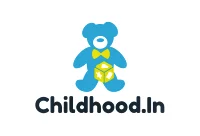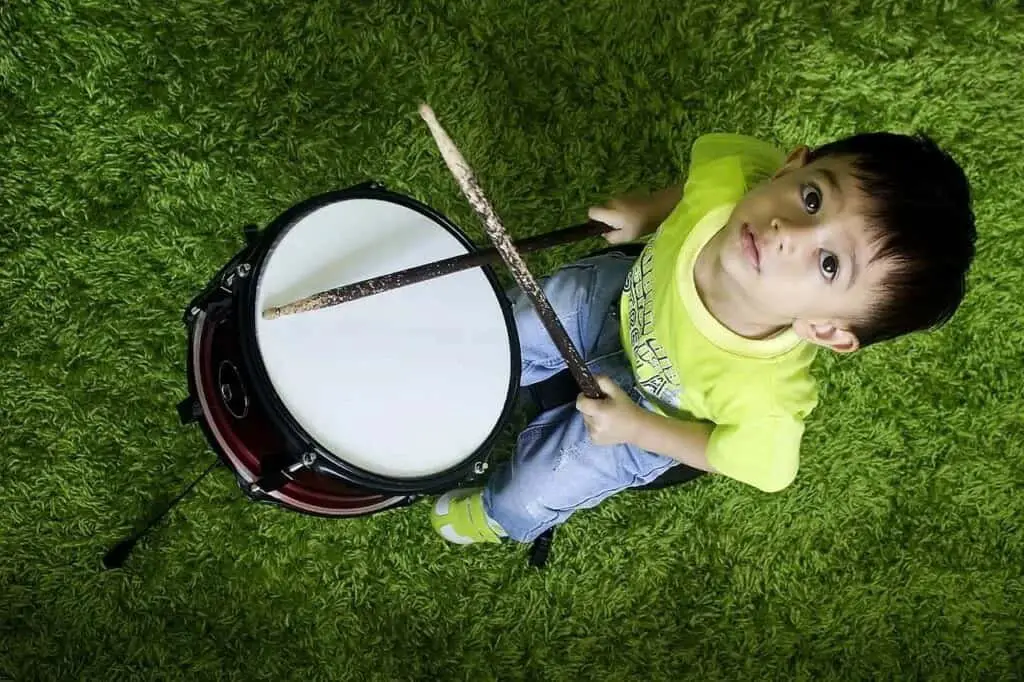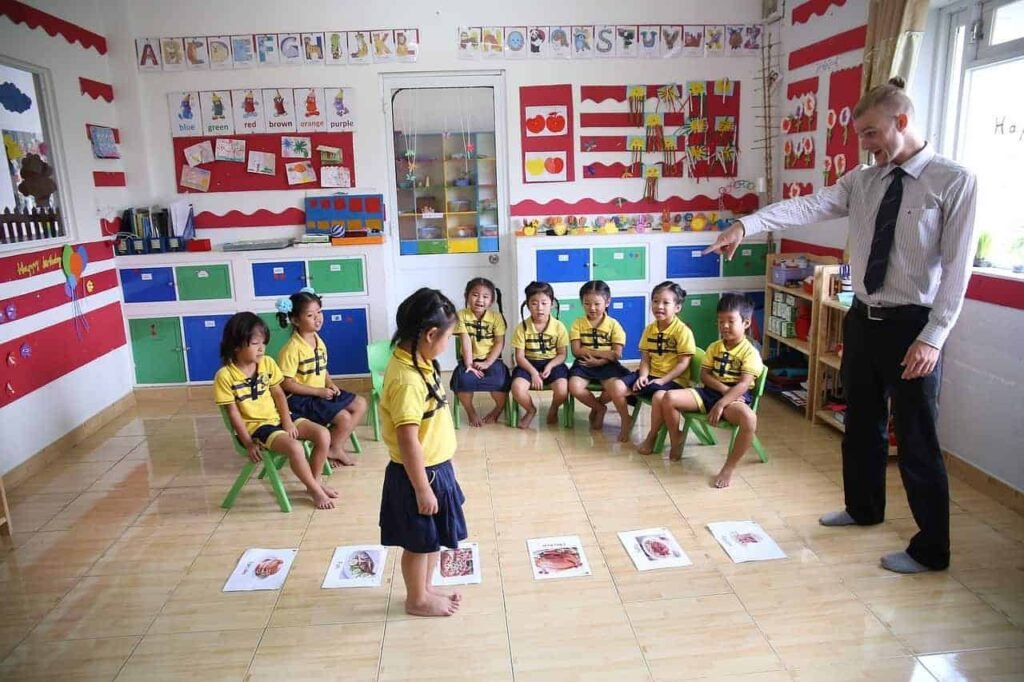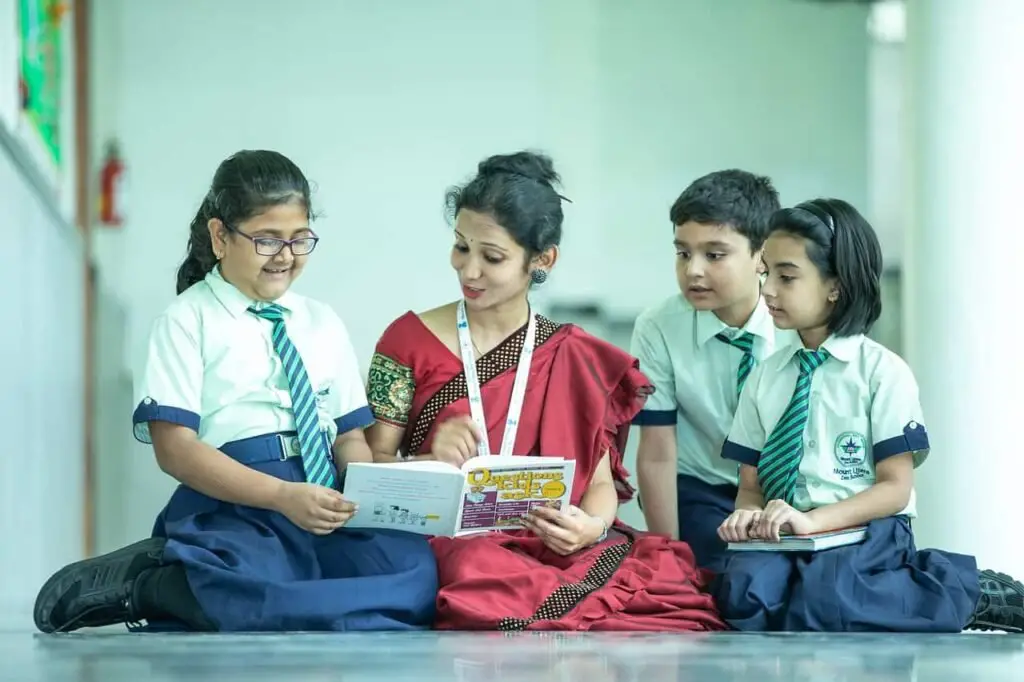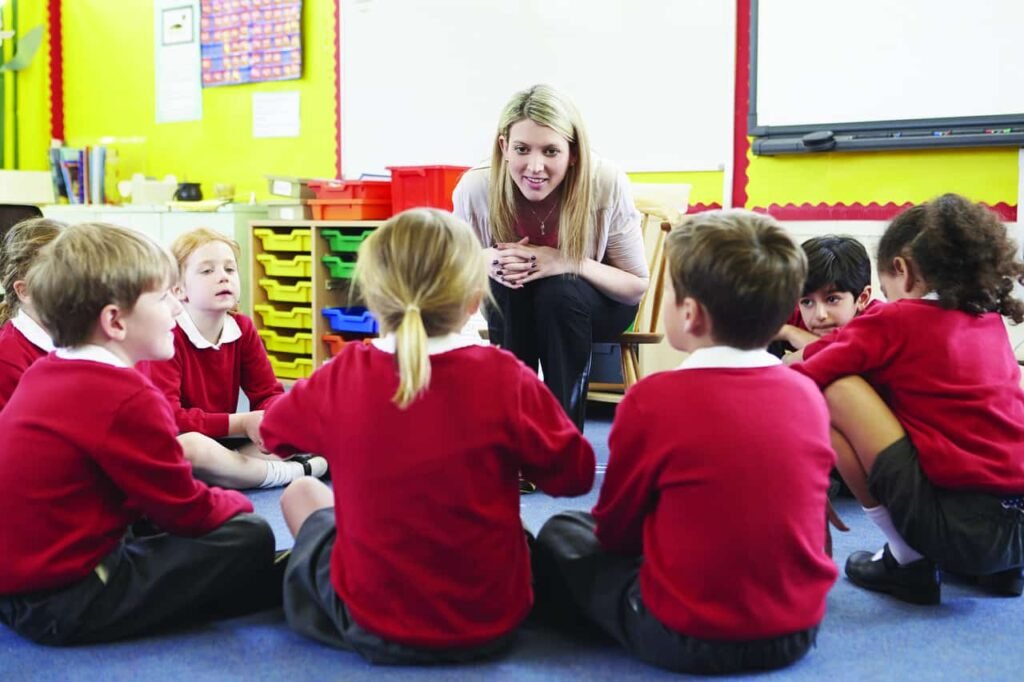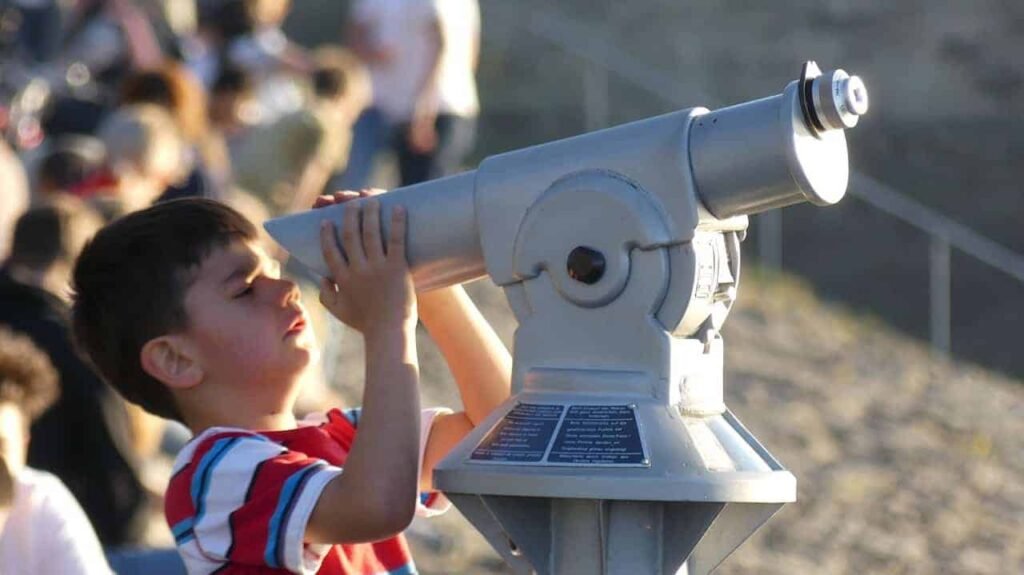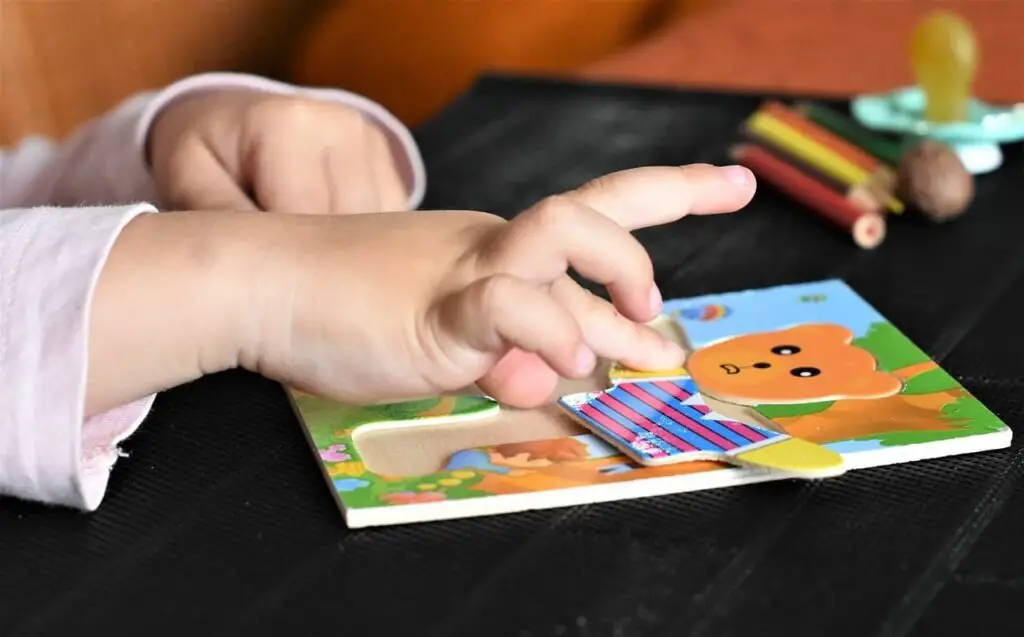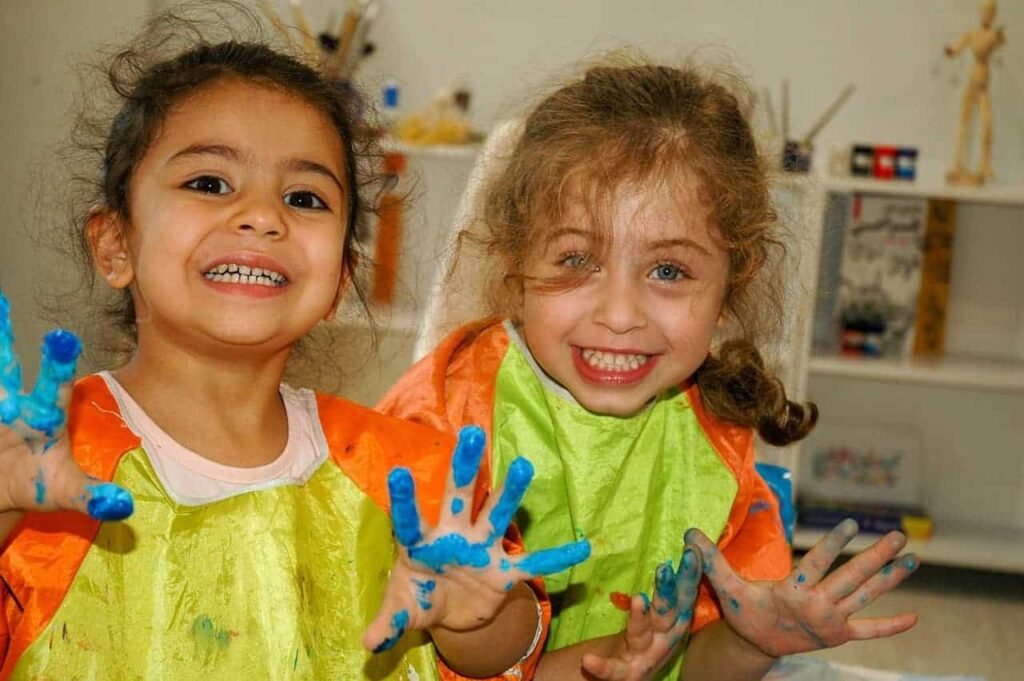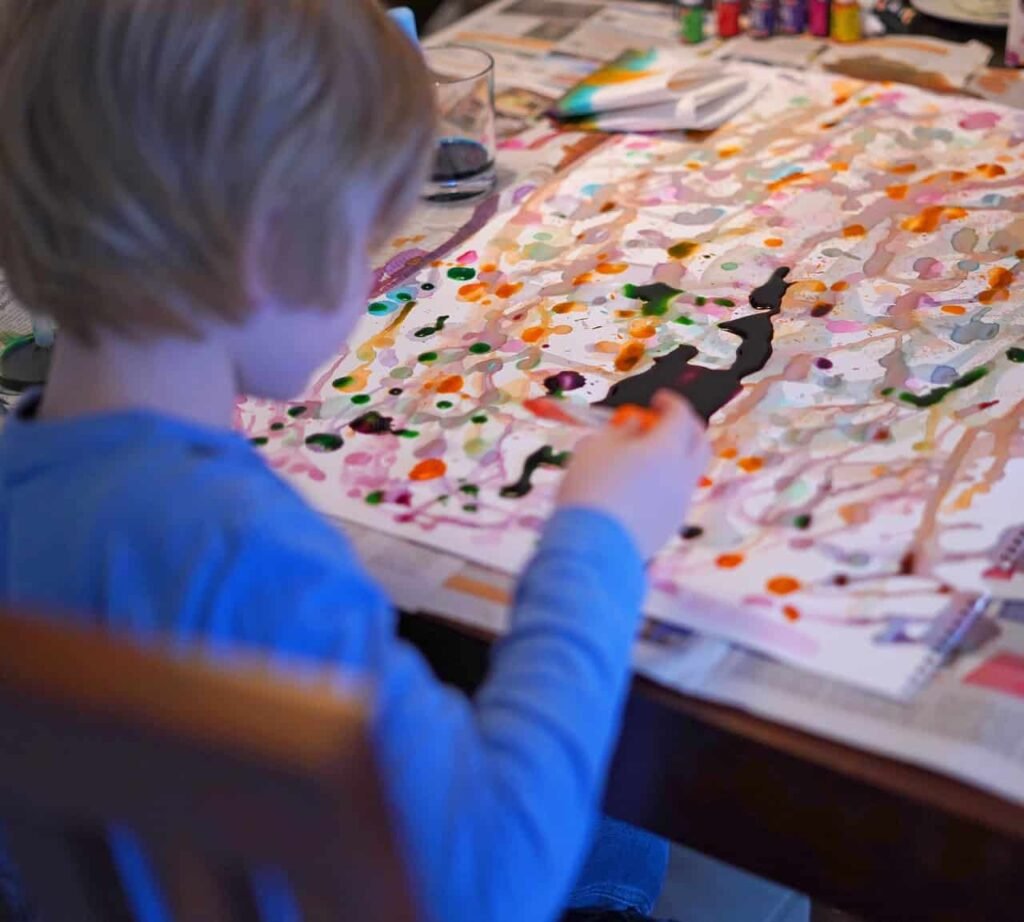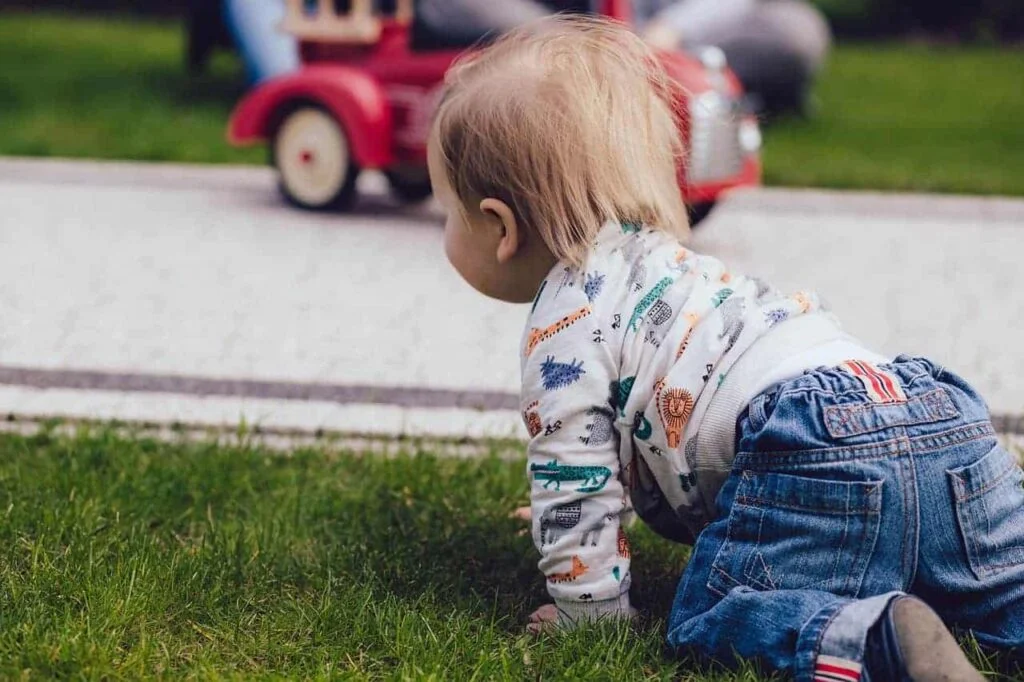4 Important Teaching Approaches For Early Childhood Education
Children always exhibit loads of enthusiasm to explore, experience and learn new things almost every single day. That’s why it becomes important that both educators and administrators are aware that learning can happen, effectively, only when the teaching approaches for early childhood education address all the developmental needs of children. The key objective of early […]
4 Important Teaching Approaches For Early Childhood Education Read More »
